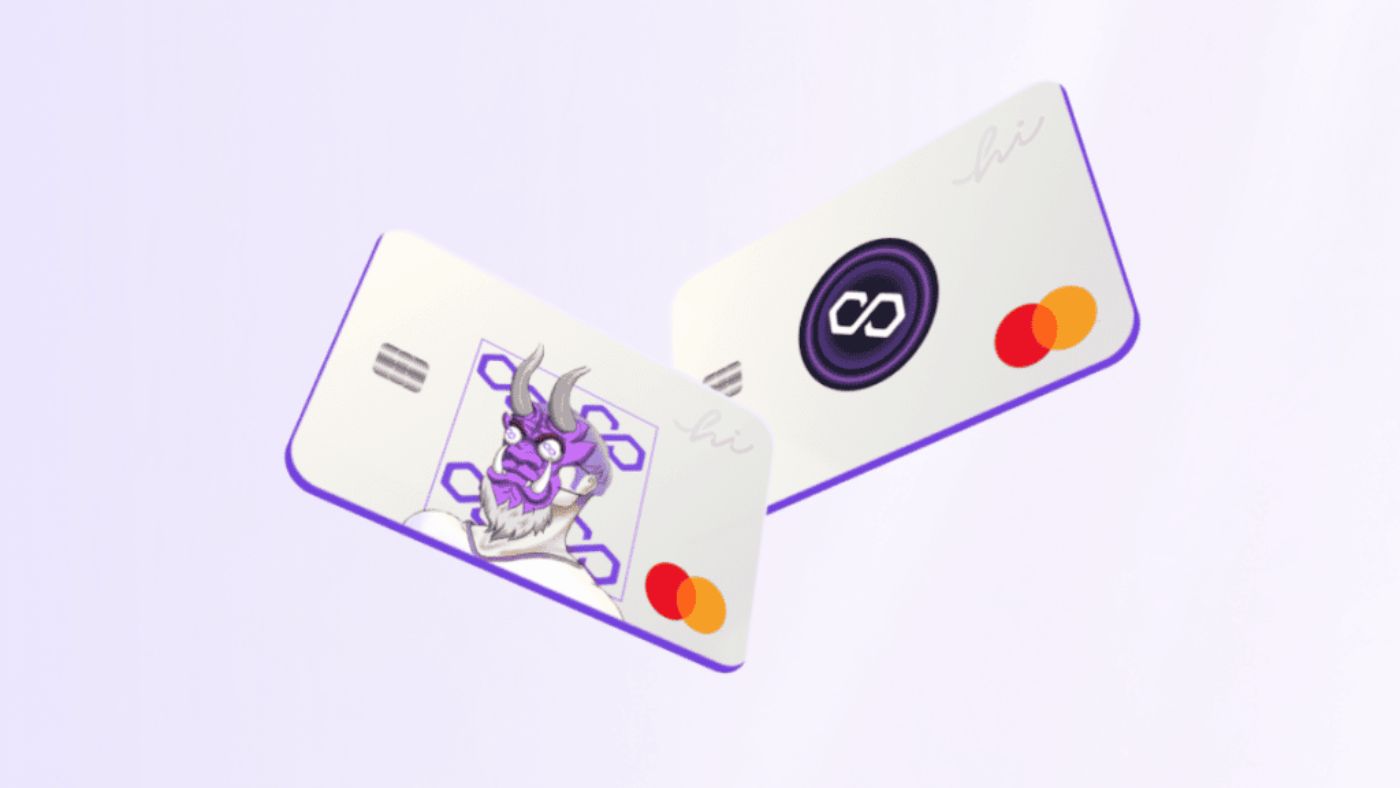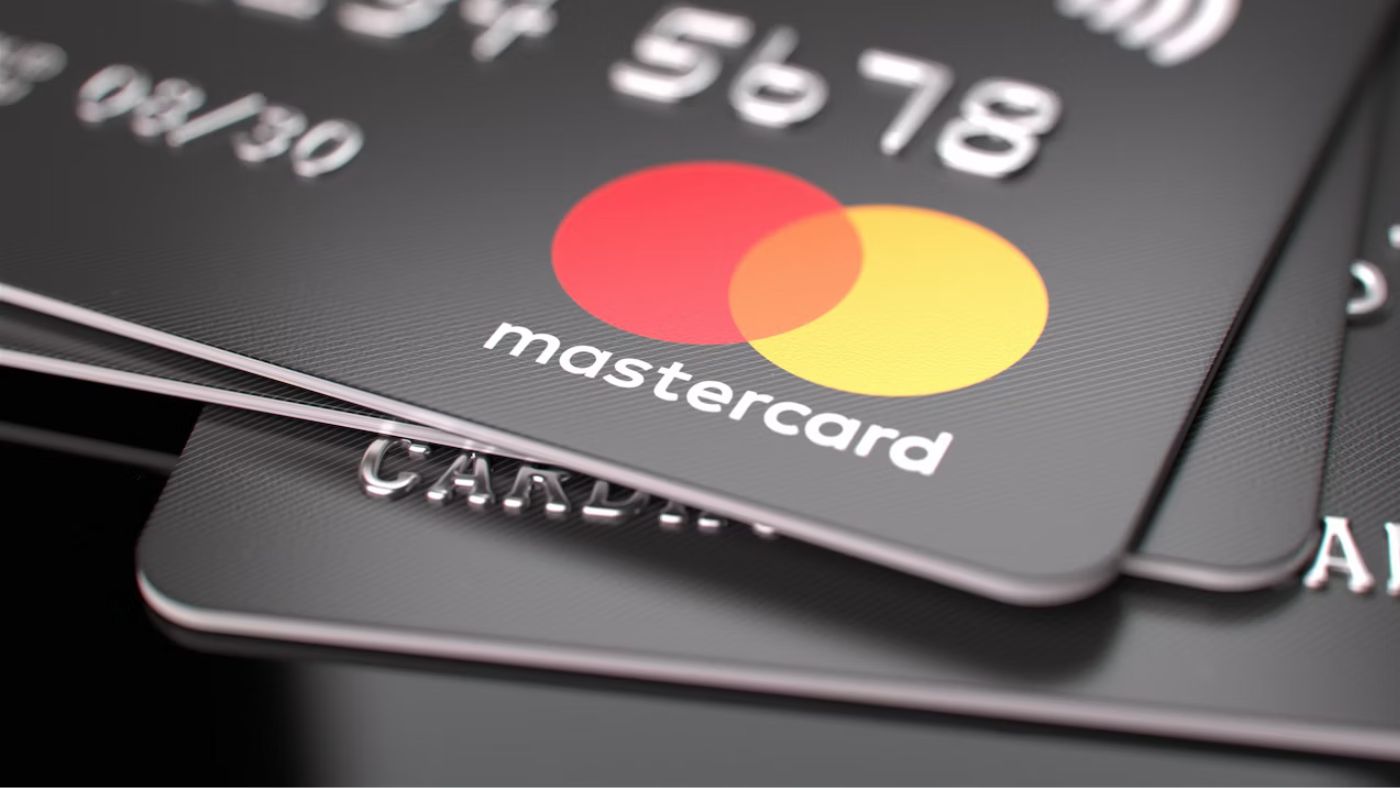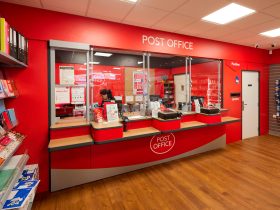Mastercard, a leading global financial payments provider, is launching a web3-focused incubator aimed at helping artists connect with their fans through new digital mediums, the company announced at CES 2023 on Friday.
“The core of this program is providing emerging artists with the web3 tools and skills they need to excel and advance their music careers in this digital economy,” Raja Rajamannar, Mastercard’s chief marketing and communications officer, told TechCrunch.
“By providing access to experts and innovators in the space, the artists will be guided on how to incorporate web3 into their work throughout the entire program and then beyond.”
Mastercard has partnered with Polygon, a scaling blockchain built on Ethereum, which has recently made significant progress in the Web 2.0 ecosystem.
Over the past year, Polygon has collaborated with major brands like Starbucks for its Odyssey digital collectible rewards program and Disney for its accelerator program, and has also facilitated NFT projects for major clothing brands such as Prada and Adidas.
Once they join the incubator, participating artists are expected to learn how to mint NFTs, represent themselves in virtual worlds, and build a community, Rajamannar explained.
“We see that web3 holds tremendous promise for artists and creators to create, own, and monetize their content, but only if they know how to leverage it.”
This announcement reflects Mastercard’s ongoing expansion into the digital asset space. The company has collaborated with several crypto-focused firms to launch credit cards and has partnered with Coinbase to enhance the NFT ecosystem, among other initiatives.
“This past year was significant for us, with experimental web3 activations around the world,” Rajamannar noted.
For instance, Mastercard hosted its first Grammy week event in Roblox’s metaverse, featuring immersive activations, in-game branding, artist meet and greets, red-carpet photo opportunities, and more.
High-level Mastercard executives have previously expressed strong support for the crypto sector.
“I feel like once you get the momentum for an institution up and running, it’s hard to get them to turn their head and pivot,” Grace Berkery, Mastercard’s director of startup engagement, said at Benzinga’s Future of Crypto event in December. “So if [institutions are] going to enter, they’re going to stay in the space.”

Similarly, last May, Mastercard’s VP of new product development and innovation, Harold Bossé, shared his belief that widespread adoption of blockchain technology and digital assets is imminent.
“There are millions of individuals today consuming and sending digital assets around the world,” Bossé noted during a webinar in Avalanche’s Powering Business with Blockchain series.
“They are early adopters and new adopters, but we have switched toward mass markets, [and] that will be a very important aspect for financial institutions to move into the space.”
Mastercard is now focusing on music because it represents a “universal passion” that connects supporters, Rajamannar said.
“That’s why we’ve been ardent supporters of the music industry and artists for decades and have supported programs for emerging artists specifically,” Rajamannar added.
“By extending that long-term work and commitment, the accelerator is an authentic and meaningful way for our brand to show up for these artists, while we further embrace the web3 space and engage with people in a new way.”
The platform will not only benefit artists but also fans, according to Rajamannar. Fans will receive a limited edition NFT of the Mastercard Music Pass, which will grant access to internal materials, resources, and collaborations both online and in real life.
“For us, it was very important to ensure that fans can join the platform and learn alongside artists,” Rajamannar said. “That type of collaboration and community is what music is all about.”
The Mastercard Artist Incubator program is set to launch early in the second quarter and will be built on the layer-2 blockchain Polygon, Rajamannar disclosed. More updates and “sneak peeks” of the program will be shared in the coming months.
“This is not only a first-of-its-kind curriculum but a first-of-its-kind platform for Mastercard,” Rajamannar stated. “Having the right partners — again, that community — is essential to doing this the right way.
“We are big believers in the power of new technologies to bring people together in exciting ways,” Rajamannar said.
Whether it’s augmented reality, the metaverse, or the web3 ecosystem more broadly, Mastercard is looking into these new technologies. “From our initial experimentation, we feel that AR, NFTs, and blockchain are technologies that will continue to gain ground — when effectively executed,” Rajamannar concluded.







Leave a Reply